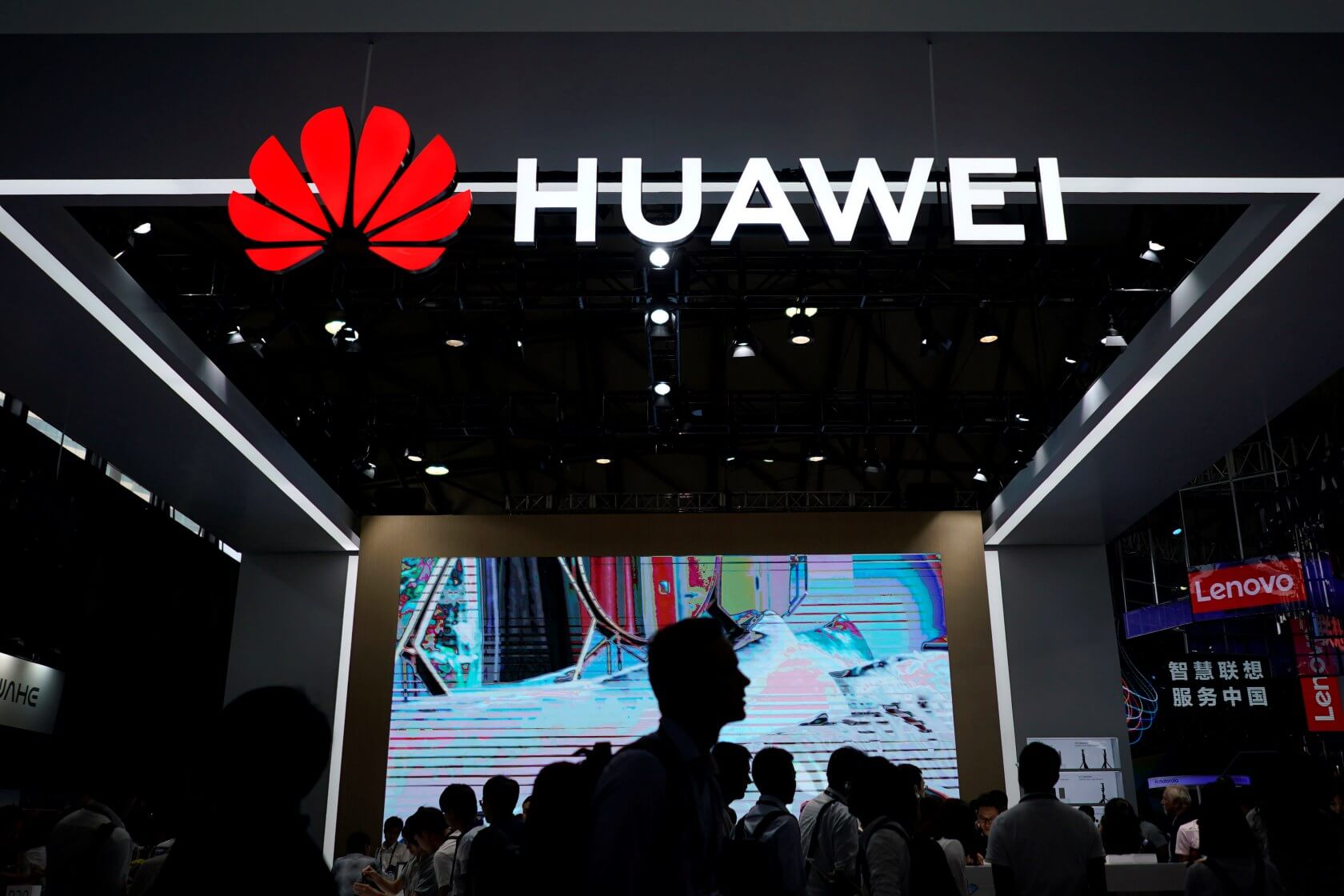Why it matters: A top Huawei executive has said that its in-house Hongmeng operating system, which was expected to be used in the event that the company loses access to Android, isn't designed for smartphones, adding that the firm intends to keep using Google's popular OS.
Since it was added to an Entity List back in May that prevents US firms from doing business with Huawei without a license, there have been justifiable concerns that Google will sever ties with the Chinese giant, cutting off its access to Android.
With the prospect of this worst-case scenario, Huawei had reportedly been focusing on what was thought to be an alternative Android-based operating system called Hongmeng. It had even been seeking trademarks for the OS in 10 countries. But Catherine Chen, a Huawei board member and senior Vice President, told a a media roundtable in Brussels that Hongmeng wasn't designed for smartphones, reports Xinhuanet.
Chen said Huawei's OS was meant for industrial use, and that it had been in development long before the firm's current troubles with the US. She added that while mobile operating systems for phones contained hundreds of million of lines of code, Hongmeng contained hundreds of thousands. It also has extremely low latency compared to a smartphone OS, Chen added.
Whether Huawei will be able to keep on using Android remains unclear. President Trump did appear to be softening his stance on the company late last month, and while it is still blacklisted, it appears the Commerce Department is willing to grant more US companies licenses to do business with the firm.
In other related news, Huawei is reportedly planning to lay off hundreds of US-based workers as a result of its trade ban.
